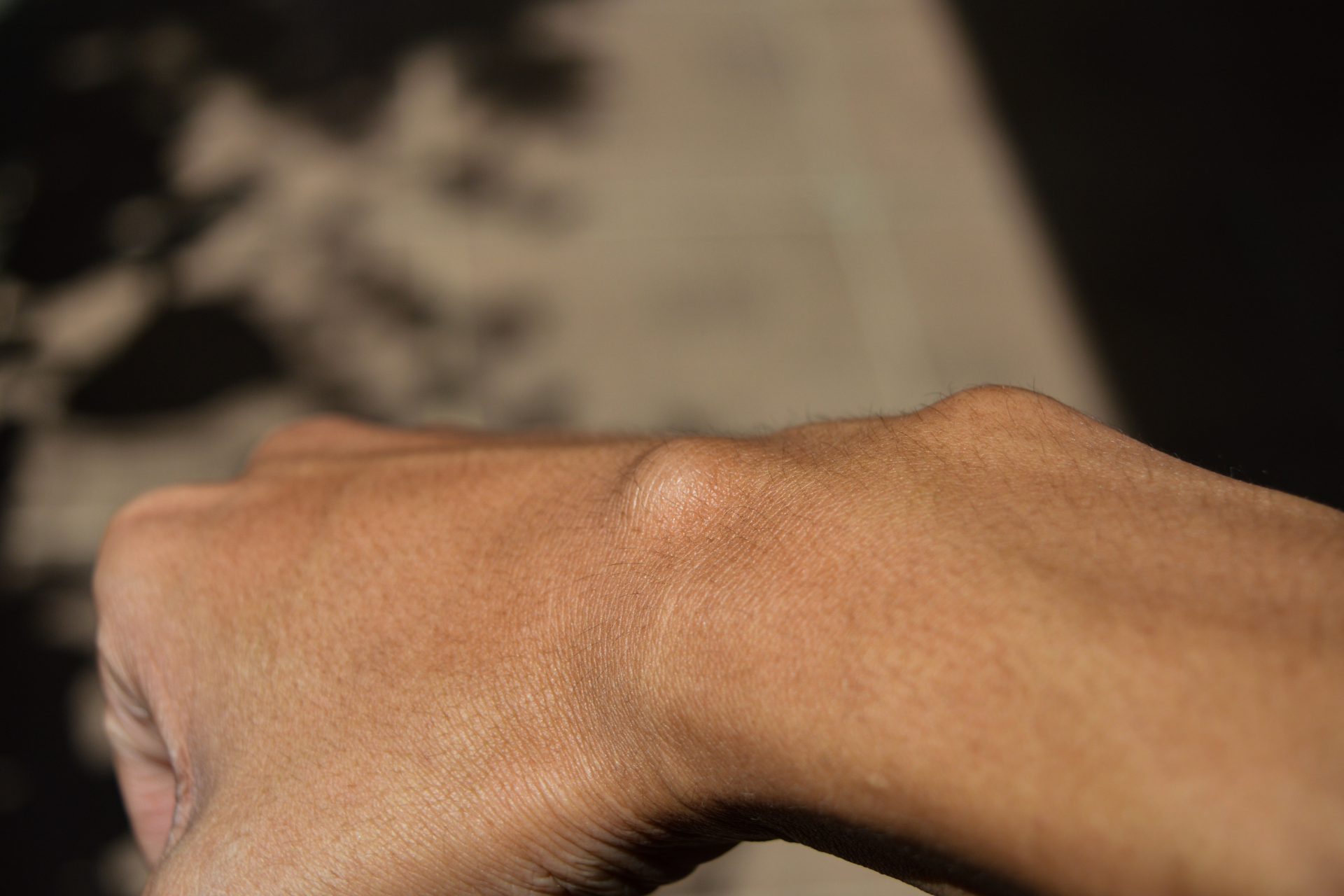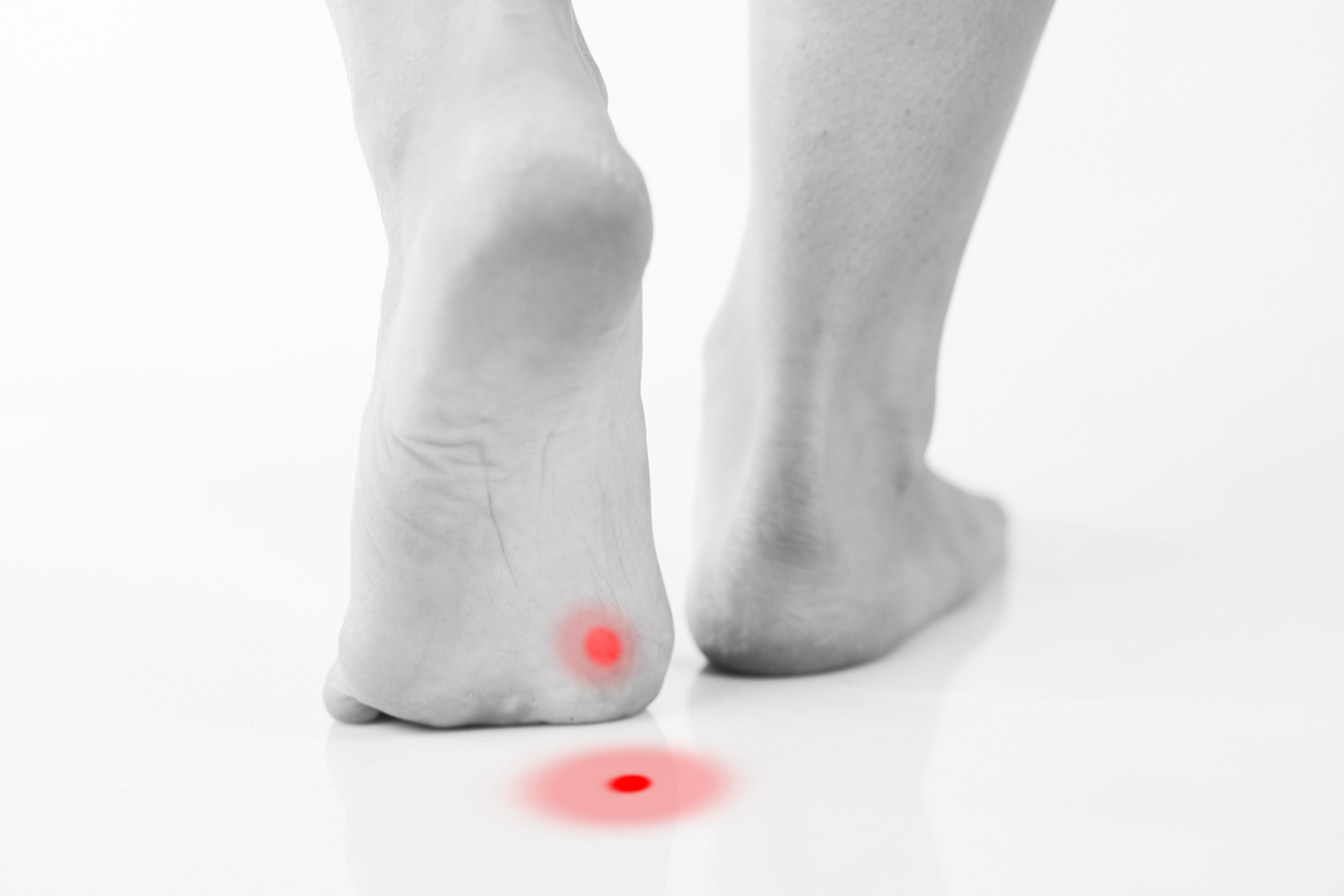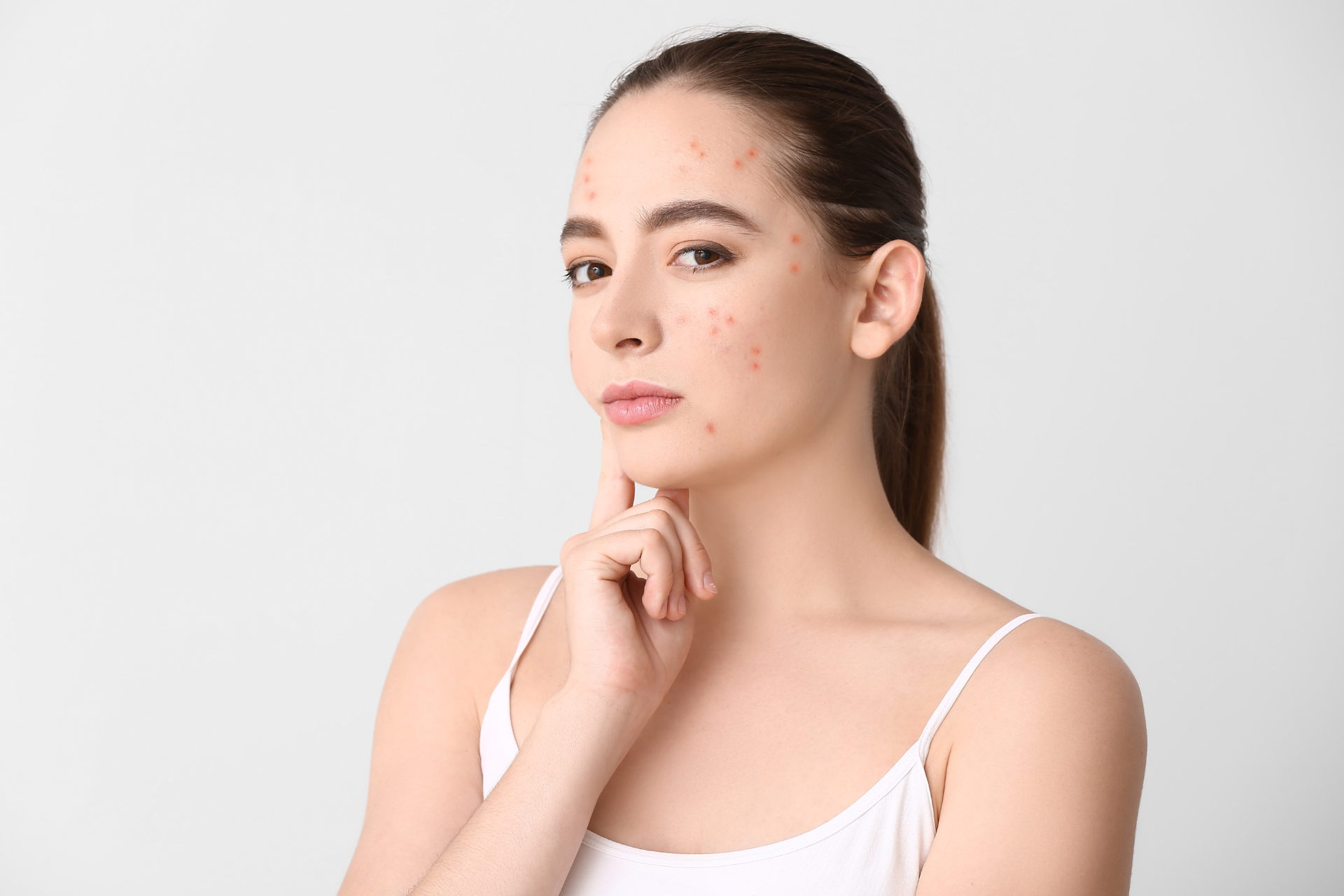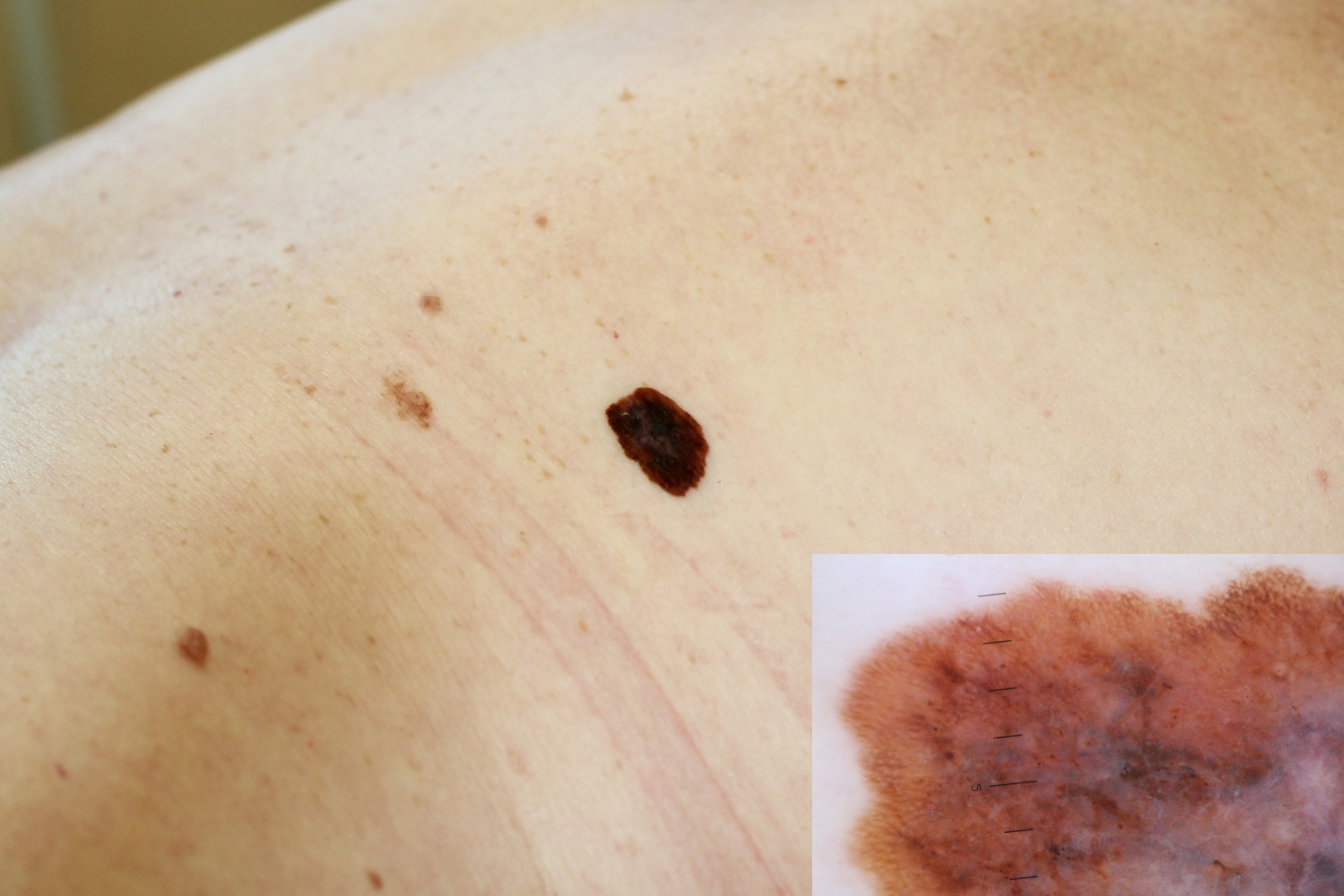Common Causes and Treatments for Cysts

Cysts are a common skin condition that can affect anyone at any age. They can be unsightly, uncomfortable, and sometimes even painful. So, what exactly are cysts, what causes them, and how can they be treated? In this blog post, we will explore the common causes of cysts and the various treatment options available to help you manage this skin condition.
What are Cysts?
Cysts are sac-like pockets of tissue that can be filled with fluid, pus, or other substances. They can develop anywhere on the body and vary in size. Cysts can be the result of infections, blockages of ducts, or even genetic factors. While most cysts are benign, some may require medical treatment if they become infected, inflamed, or painful.
Common Causes of Cysts
1. Blocked Glands
One of the most common causes of cysts is the blockage of oil glands in the skin. When the oil produced by these glands cannot reach the surface of the skin, it can accumulate and form a cyst.
2. Infections
Cysts can also develop as a result of skin infections caused by bacteria or viruses. These infections can lead to the formation of pus-filled cysts that may be painful and inflamed.
3. Trauma
In some cases, trauma or injury to the skin can trigger the development of cysts. This can happen when a hair follicle or sweat gland is damaged, leading to the formation of a cyst as the skin heals.
4. Genetic Factors
Some individuals may be more prone to developing cysts due to genetic factors. Certain genetic conditions can increase the risk of cyst formation, especially in specific areas of the body.
Treatment Options for Cysts
1. Observation
In many cases, cysts may not require any treatment and can resolve on their own. Your healthcare provider may recommend monitoring the cyst for any changes and only intervening if necessary.
2. Drainage
For cysts that are painful or infected, drainage may be necessary to release the accumulated fluid or pus. This procedure should only be performed by a healthcare professional to prevent further complications.
3. Medications
In some cases, your healthcare provider may prescribe antibiotic or anti-inflammatory medications to help reduce inflammation, pain, and prevent infections in cysts.
4. Surgical Removal
If a cyst is large, persistent, or causing discomfort, surgical removal may be recommended. This procedure involves excising the cyst under local anesthesia to prevent recurrence.
Preventing Cysts
While not all cysts can be prevented, there are some steps you can take to reduce your risk of developing them:
- Maintain good skincare habits, such as keeping your skin clean and moisturized.
- Avoid squeezing or picking at acne lesions, as this can lead to the formation of cysts.
- Protect your skin from injuries and trauma by wearing appropriate clothing and gear during physical activities.
- Seek prompt treatment for any skin infections to prevent the development of cysts.
At Fall Creek Skin and Health Clinic, we understand the impact that skin conditions like cysts can have on your quality of life. Our experienced healthcare providers offer comprehensive evaluation and treatment options to help you manage cysts effectively. Contact us today to schedule an appointment and learn more about how we can help you achieve healthy, beautiful skin.



Need Our Services?
Book a free consultation

Our promise is to offer high-quality medical attention at a fair price in a clean, friendly, and professional environment.
QUICK LINKS
BUSINESS HOURS
- Mon - Thu
- -
- Friday
- -
- Saturday
- Appointment Only
- Sunday
- Closed
All Rights Reserved | Fall Creek Skin and Health Clinic |
